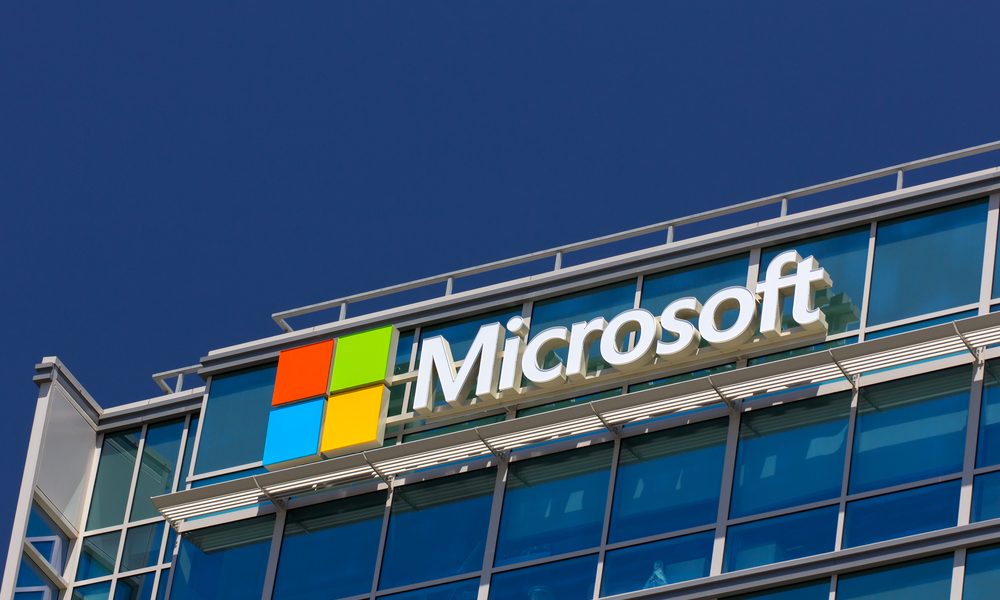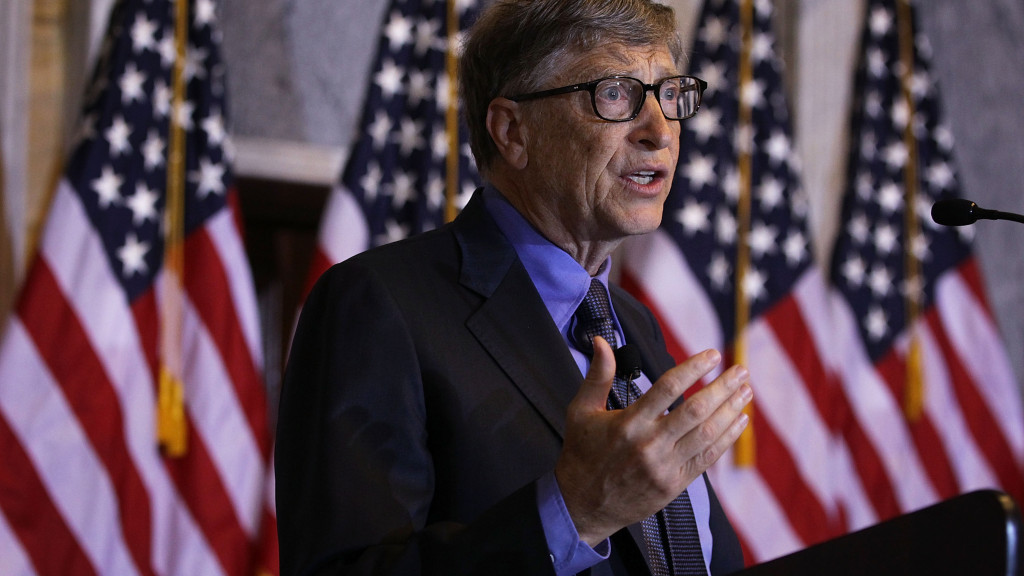Facebook, Google, Amazon and Apple are facing government investigations over their competitive practices. Theywill fight back, however there is a precedent fortaking action. In 1998, the US Department of Justice and Attorney Generals of 21 states filed an antitrust lawsuit against Microsoft. At that time, Microsoft controlled the work of most consumers and businesses on their desktop computers. The Windows operating system provided communication between various programs and the central processors of the PC, and MS Office was critical for the work of most office workers.
</p>The essence of the claims against Microsoft was thatthe company used practices that deliberately infringed on its rival Netscape, which was then in its infancy. The new Netscape browser allowed desktop users to access products, services, and information online. In 1995, Bill Gates saw that Netscape was challenging the Windows operating system and predicted an “Internet wave” of competition that threatened to push Microsoft products. In response, Microsoft launched Internet Explorer, provoking what became known as browser wars and led to a lawsuit that put an end to Microsoft’s dishonest practices and almost led to the closure of the company.
One would think that a lawsuit against Microsoft- without which the success of companies like Google might not have been possible - was supposed to mark the beginning of attempts to control the tactics and growth of big tech companies. But that's not true. In 2011, the Federal Trade Commission(FTC, one of the American antitrust agencies)initiated an investigation into Google. But after two years of work, it decided not to press charges, and instead Google formally agreed to change some of its practices.
Meanwhile, Facebook, Google, Apple, Microsoft andAmazon continued to grow due to both expanding its core business and acquiring other companies. By 2017, these five companies were the largest in the United States by market capitalization. A decade earlier, only one of these technology companies was in the top 5: Microsoft.
Prompted by growing public andgovernment concerns over the influence of these technology firms, US antitrust authorities have now decided to remedy the omission. The Justice Department will be responsible for Google and Apple, and the FTC - for Facebook and Amazon. In addition, prosecutors in some states are reportedly considering the feasibility of lawsuits, but curiously, Microsoft is not among the targets.
I can’t say for sure if there are convincing antitrust arguments against these four companies. But I can offer some lessons learned from the old Microsoft case.
Heavy burden

The lawsuit against Microsoft took significant resources. Before the U.S. Department of Justice filed a lawsuit, the FTC conducted an investigation into Microsoft twice, and investigators ended up stalled about whether or not to file a lawsuit. Then the Justice Ministry intervened, whose investigation lasted 5 years, until in 1998 a lawsuit was filed, which included lengthy negotiations on a settlement. Microsoft has vigorously challenged allegations in court and in appeals. This process took another three years, which is relatively few for such cases. The parties eventually reached an agreement, but the reimbursement process continued for almost another 10 years.
In total, the Microsoft case lasted 21 years,finally ending in 2011. Now multiply these efforts by four. Ultimately, we will be able to judge the seriousness of government investigations on budgetary resources that the Justice Ministry and the FTC will receive to conduct these cases.
Not everything is within their power

: CBS Miami
Antitrust authorities need to focustheir efforts. In the case of Microsoft, they could investigate both Windows and Word. Both were monopoly products, and it was difficult to understand which one was more critical. At a certain stage, both products were part of the case against Microsoft, but there was a limit regarding what could be considered by one judge in one case. Therefore, the case against Word was abandoned.
With large technology companies oftenmonopoly products are connected - such as, for example, Google Android and Google Maps / Waze - but leafy cases are difficult to manage and understand for both judges and plaintiffs. At one or another comparatively early stage, agencies need to decide what is most important and what can be neglected.
Agencies will need political and industry support
Antitrust cases against large corporations do notlimited to the court. Before filing a lawsuit against Microsoft, the US Department of Justice enlisted the support of key political players such as Senator Orrin Hatch, who held a widely-publicized hearing criticizing Microsoft. Some Microsoft victims have readily testified. Others, such as Dell, sided with Microsoft and made their own attempts to thwart the lawsuit. In the midst of the trial, Microsoft lobbied Congress to cut the budget of the Justice Ministry, but the ministry had enough support to block this initiative.
Political pressure if agenciesthey will seriously take up any of these companies - and even more so for all four - will be very strong, especially in today's extremely biased political atmosphere. Concern over the First Amendment to the US Constitution will be emphasized, and national security and trade issues may be raised. Now, apparently, the agencies have some political support for actions against these companies, and they need to accept this support.
Interaction required

: Medium
Microsoft needed collaborationfederal and regional agencies. It did not always go smoothly and as a result was upset at the stage of compensation. This time, agencies will need to do better by finding ways to coordinate investigations and the sharing of responsibilities.
However, recently there has been alarminglack of coordination. Ten states recently filed a lawsuit to block the Sprint-T-Mobile merger without waiting for the Justice Department to rule on regulation. And the Justice Department tried to intervene in the FTC's case against Qualcomm, arguing that the FTC was not paying enough attention to the expected recovery. Both actions were unprecedented.There is concern that agencies may eventually have a showdown between themselves, rather than focusing on investigations.
Agencies should take care of reimbursement in advance.
Microsoft's biggest challenge was notthe law - although it was also not quite simple here - but compensation for damage. Although the agencies discussed the decisions, a full reimbursement plan was drawn up only after the government won the case. It is prudent not to focus on reimbursement at an early stage of the investigation, as additional information may emerge during the investigation. In the Microsoft case, such information was that the company's practice was more common than originally thought. But the sooner the regulators decide what they want to get from the process, the faster they will be able to structure the process in order to achieve this goal.
Don't worry about the speed of technological change.

It seemed that while doing business Microsoftdeveloping new products so fast that it was hard for the government to keep track of everything. Observers said that Microsoft operates in “Internet time,” while the government lives in “legal time,” which makes it impossible to stop what the company is doing. This turned out to be wrong, because although new versions were constantly appearing, the basic products that were discussed then - operating systems and browsers - are relevant today, 20 years later.
In fact, just the longevity of these companiesmakes them problematic. Facebook was not crushed by the new MySpace, and Google was not crushed by DuckDuckGo. Parents continue to buy diapers on Amazon, while Diapers.com has long gone into obscurity.
The elections are coming
Microsoft has a change perspectiveIn 2001, Microsoft correctly predicted that if it succeeded in postponing the case until after the election, the new Bush administration would be more friendly than the Clinton administration. The new leadership of the US Department of Justice eventually accepted from Microsoft the terms of a settlement agreement, which many criticized as inadequate.
During an investigation or trialpresidential elections will also be held in current cases, although it is difficult to predict how this may affect specific cases against specific companies - nor is it possible to predict whether the administration will actually change. But those who do business will at least have to take into account how the presidential election can affect their actions.
Best Resists Peace Agreements
If the case of Microsoft and presented somethe big lesson is that society has benefited from the fact that government agencies resisted the strong pressure to settle the case before it was resolved in the court of first instance and an important legal victory in the court of appeal. The trial has an important advantage - it exposes the defendant's practice and creates a legal precedent.
I consider this one of the main advantages of the lawsuit.against Microsoft, because the legal principles applied by the court of appeal in its decision were then involved in a number of other, less high-profile antitrust cases. There will be a temptation to resolve any of the current group of cases, often for compelling reasons. But if there are problems with competition, the government must convey that we are going to take them seriously.
There is also another key lesson: none of these companies is an exact copy of Microsoft. Each represents a peculiar and complex problem, and Microsoft cannot provide a complete roadmap for upcoming challenges. In the world - and on the Internet - definitely a lot of new things.
</p>
